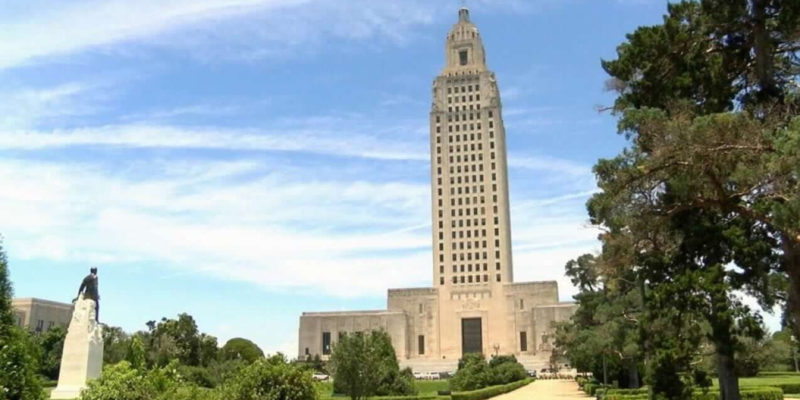With Super Tuesday in the rearview mirror, Louisiana’s presidential primary and other elections straight ahead, and the 2024 Regular Session of the Louisiana Legislature to start soon, now is a good time for Louisiana to review its ballot integrity as other states surpass it on this account.
Historically, the state has done well compared to others in terms of votes cast under the name of an individual being cast by that individual, who is a citizen residing at the address registered. It was one of the early adopters of photo identification and positive identification upon registering and at the polls.
However, while one can register to vote online or mail that mandates eventual photographic identification preferably in the form of a driver’s license or special identification card (which require other documents assuring an accurate identity) also acceptable is any photo ID and some other documentation containing name and address. Presentation of verified photo ID also isn’t needed when registering at a site that dispenses government benefits and the registerer also receives those benefits.
Magnifying the threat to ensuring that caster of a vote is an actual individual accurately registered to vote as that individual — that one can vote without a government picture ID backed by definitive identification. The state can issue one with positive picture identification from another source, but, even more troubling, a person can vote in Louisiana without any picture ID at all by swearing an affidavit and answering correctly identifying information enrolled a registration.
It’s not hard to beat such a system. For example, a political operative could gather information from people at a congregate setting, perhaps with the cooperation of their relatives, then, on election day, send in imposters who provided with the correct information when quizzed successfully impersonate the registrant. The same could occur with college students out of state.
For that reason, Louisiana is classified among the states by the National Conference of State Legislatures as “photo ID requested,” as opposed to its more stringent categorization of “strict photo ID,” such as in Georgia where a voter must present a Georgia driver’s license (even if expired), or an ID card issued by the state of Georgia or the federal government; or a free voter ID card issued by the state or county (like Louisiana’s); or a U.S. passport; or a valid employee ID card containing a photograph from any branch, department, agency, or entity of the U.S. Government, Georgia, or any county, municipality, board, authority or other entity of the state; or a valid U.S. military identification card; or a valid tribal photo ID. If not, the voter casts a provision ballot that is counted only if the person returns to the registrar’s office within three working days with the acceptable ID. This is the kind of law Louisiana should have.
Advertisement
Also leaky is Louisiana’s absentee voting rules. It’s good in that it requires for most individuals wanting to vote absentee a request to do so, with three exceptions: people with disabilities who are homebound, anybody age 65 or older, and nursing home residents. Absentee ballots are sent automatically to the homebound and can be for the elderly, while registrars visit nursing homes to solicit and witness ballots cast. All such ballots must be witnessed.
Still, ballot harvesting can occur under these conditions, even if state law says witnesses unrelated to voters may witness only one ballot, because if parish election boards ignore this (as happened last year in Caddo that caused overturning of the results of its sheriff’s election) integrity measures can be defeated. Worse, unscrupulous individuals can intercept or entice ballots and mark them without the knowledge of voters. This can be countered by adopting a signature requirement like Mississippi’s, where the registrar checks the voter’s signature and invalidates those that blatantly don’t match.
Fortunately, some legislation has been proposed to ameliorate these problems, particularly Republican state Sen. Heather Cloud’s SB 226 that forces election boards to follow the law in regards to required information on absentee ballots. Still, nothing has been introduced to add a signature verification requirement.
Nor has anything been introduced that would tighten photo ID requirements. That also would vault the state into the category of best practices when it comes to voting integrity. There’s nothing more important than elections that are as fraud-free as possible, because any fraudulent vote stains the democratic process and people’s trust in government, and states should do as much as possible to implement measures such as these that present next-to-no burden on voters that accomplish this objective.
Advertisement
Advertisement

